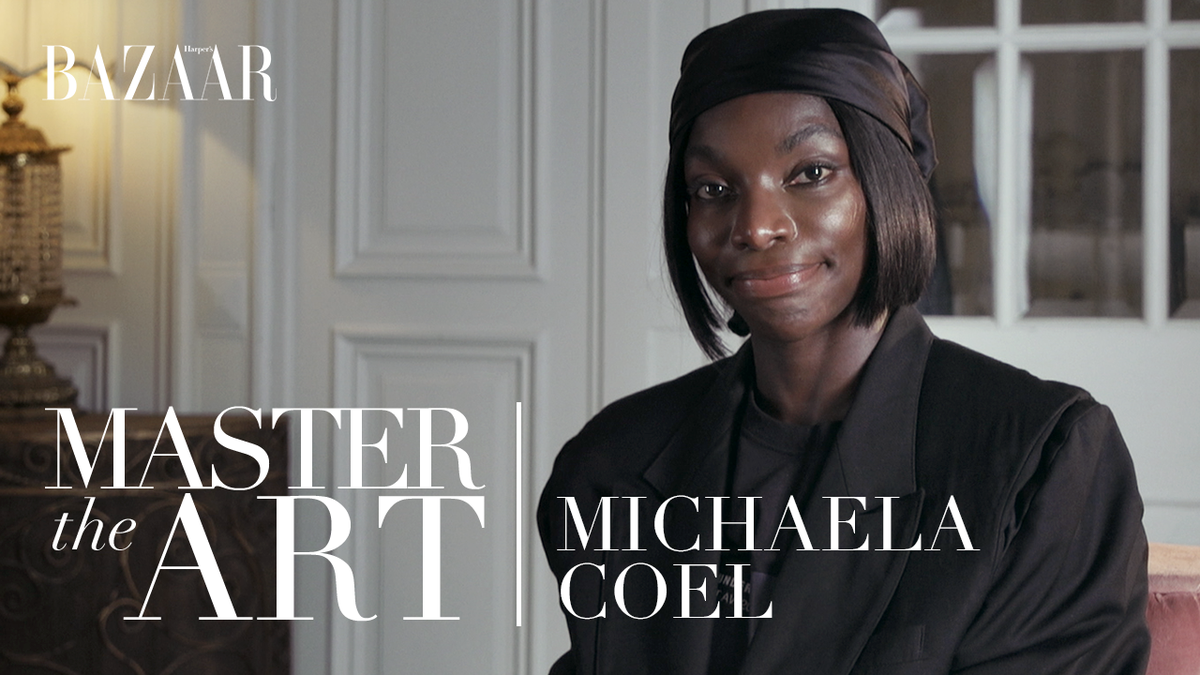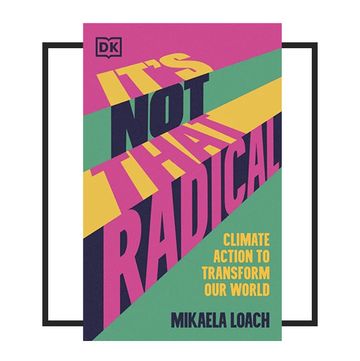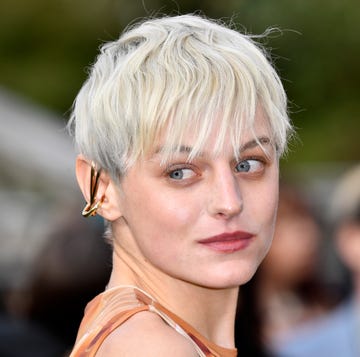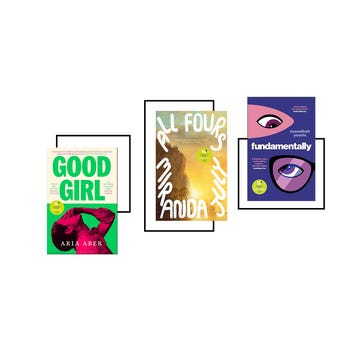The question of motherhood preoccupied me decades before becoming a published writer. Nearly all of my stories I wrote as a little girl ended with the announcement of a pregnancy: a beginning at the end, a mystery, something hidden I didn’t quite understand, but that I must have sensed was very important. I peopled my tales with twins, giving birth in my mind to a double self. Why twins? Perhaps it was so one could become a writer, and the other might become a mother; perhaps I didn’t see the two roles as compatible. As an adult, I cushioned my fear of this split terrain the only way I knew how – by writing about it.
All of my books are full of mothers, written before I became one myself. There have been mothers who leave and mothers who stay, women who never got their babies, and mothers who never wanted their children. There are mothers who die, and women more motherly than those who go. My third novel, The Confession, was written in my mid-thirties, a working-out of whether I believed myself capable of motherhood – as an artist, as the person I was. I left the answer open-ended, but in real life I was going to have to make a choice – assuming I even could. Books aside, it was a question there was only one way to answer.
Now I am a mother, three years and a few months in. He is a boy, a son. There are no twins in our story; I must embody all aspects of myself in this one body, and it is fair to say that motherhood has become the grand mystery of my life, harder to plot and shape than a book. A secret lived in public, a puzzle both easy and impossible. An ever-shifting scene in which sometimes I know my lines, and sometimes I do not.
Over the past three years, motherhood has slowly worked on me as a woman, a partner, a daughter, and a friend – exposing both the more admirable and less palatable parts of myself that not having a child might well have left in the darkness. It is like walking about with your soul hanging out of your chest. It is like entering a competition where there is no prize, no rules, until you realise it isn’t actually a competition at all. But has it changed what I write, or how I write it? Do I want to write for children because I have one now?
Hidden Treasure is my seventh book, but the first I have published as a mother. I think it is one of my best, written more with my heart than my head. I don’t know if this is because of my son, whether it is a question of my growing confidence as a writer, or whether it’s both things, or just pure coincidence. I prefer to leave that mystery unsolved. My main character is a 12-year-old girl called Bo, but she is more like me than my son, so I think my answer is this: while children’s books are written for children to read, I think the writers tend to write them for themselves. I write to make my inner world spin properly on its axis; the audience comes after. As long as the book responds authentically to my own needs, the chances are the reader will find their own worlds within it.
The mother-writer’s existential issues, the question of the quality of her output, are almost entirely shaped by more pragmatic ones: time and money, and how much she has of each. Being a novelist calls upon you to be solitary, resolute, adamant, focused – and the tug of motherhood can turn admirable qualities into their darker doubles: is it artistic spirit, or blinkered selfishness? Is it neglect when there is shocking interest in something other than the child? I do not think so, as long as someone close is loving your child in your absence. Is the writing life the real life? Yes, and no. The balance is always imperfectly tuned. The bathwater of my mind runs upstairs, filling up with stories meant only for me – but I am also downstairs, playing a game of make-believe I am sharing with my son. A novelist runs two baths at any one time, only one of which the rest of the world can see. Sometimes, I want to be doing both. Sometimes, one and not the other.
You could say that Hidden Treasure is the tale of a girl who became a writer: a writer, who became a mother. But if a child’s feet do tread the pages of this book, that child is me, her invisible steps all mine. Elsewhere in my life, my real boy is everywhere. Perhaps it will take a lifetime to understand the transformative effect that motherhood has on my writing. Perhaps, as time passes, and he grows into himself, and I grow older, I will not be able to help but acknowledge his presence in my work. But he owes me nothing: I don’t want to take anything from him. I know I haven’t written Hidden Treasure because I’m a mother. I’ve written it because I’m a writer. And I pray that my preoccupation with the worlds in my mind will be a key to set my son free, that I will allow him to take his own path. Just as my parents, when they handed me a notebook and a pencil, once let me.
‘Hidden Treasure’ by Jessie Burton is out now.














